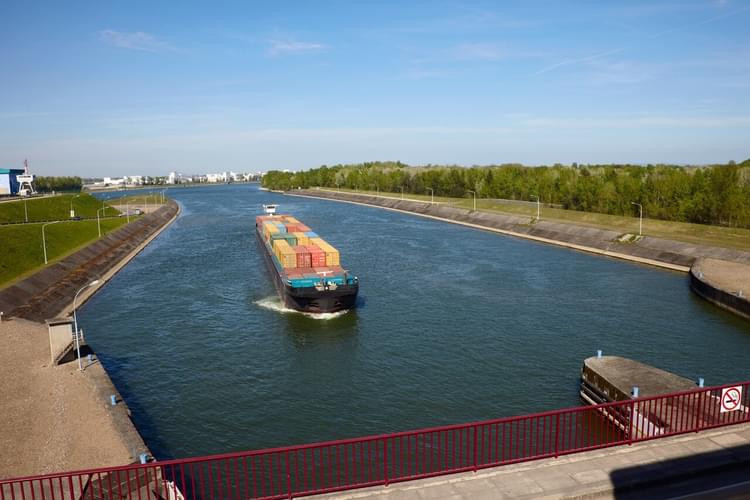
The fight against climate change is a crucial challenge for the passenger and freight transport sector, even as the need for mobility continues to grow. This is one of the most important points of the report on inland waterways adopted today by the European Parliament, at the initiative of Renew Europe, which makes clear that freedom of movement and the growth of economic activities are not incompatible with the requirement of high environmental protection. The report proposes to shift European transport policy towards inland waterway transport and urges effective measures to boost multimodality. The EU has a dense network of inland waterways, but its infrastructure needs to be urgently updated (e.g. bridges, locks, and the interoperable deployment of digital technologies across borders). Furthermore, the decarbonisation of this mode of transport, which is already an efficient and sustainable mode of transportation, should be ensured and facilitated. With the prospects for (semi-)automation and digitalisation, we can consider moving in time from the large, heavy and often polluting vessels to dynamic fleets of modular ships, allowing the maintenance of supply chains to the hinterland while improving their sustainability.
Caroline NAGTEGAAL (VVD, Netherlands), EP rapporteur and Renew Europe Vice-Coordinator in Parliamentary Committee of Transports (TRAN), said: “Inland navigation is incredibly important for the smooth running of the European transport system. The recommendations in this report aim to bring inland waterway transport a step forward, leading to a sector that is ready for the future. This mode of transport can play a major role in greening and digitalising the transport of goods and people, but it is mainly composed out of family businesses and SMEs, which cannot take up this challenge alone. Following our requests, we are welcoming the Commission's recognition of the importance of sufficient financial support in the recently published NAIADES III action plan, but what we urgently need is action. Therefore, the report proposes a dedicated European inland waterway fund, which is easily accessible, creates a solid business case, without creating any excessive administrative burden for beneficiaries.”